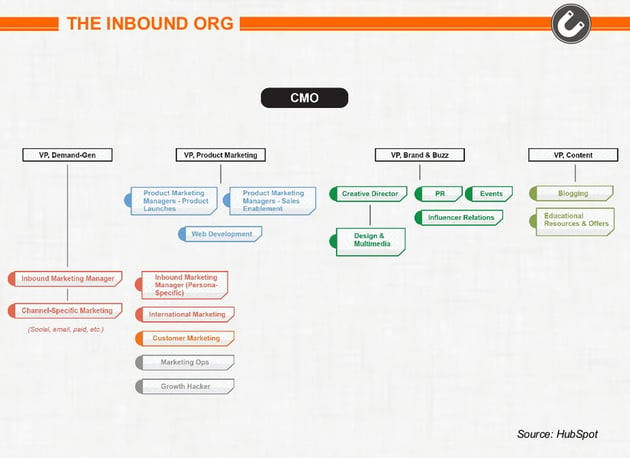 It’s rare to find a multi-million corporation that doesn’t have an online presence of some sort. Chances are that these corporations have strong marketing structures and teams that focus on various aspects of the marketing channels.
It’s rare to find a multi-million corporation that doesn’t have an online presence of some sort. Chances are that these corporations have strong marketing structures and teams that focus on various aspects of the marketing channels.
Startup companies may have a difficult time establishing their online presence due to their search engine optimization (SEO). Large corporations have a strong SEO due to their popularity and familiarity with the brand. SEO is a type of “free” advertising and helps websites maintain a strong position on search engines.
See below for a video produced by Search Engine Land to gain a further understanding on SEO.
According to HubSpot Academy, it is important to follow the SEO Strategy in order to be successful. Since startup organizations are not likely to have large marketing departments, it is crucial for at least one member of the startup to understand inbound marketing.
The inbound organization for large organizations typically has many sub departments within the overall marketing structure. With few resources and a tight cash budget, achieving this structure would be nearly impossible for most startups to achieve. However, as long as one person is aware of the importance of SEO, they can utilize this strategy in order to gain a competitive advantage amongst other startup companies that they may be competing with.

Startup companies will be competing with large organizations which will make it difficult for them to gain a top tier spot on search engines such as Google. Per an SEO blog on Entrepreneur.com, the following tips will help your social media platforms rank on search engines:
- Pick a good keyword to focus on
- Research the competition
- Write the best content
- Put the keyword in your page title
- Put the keyword in your header
- Put the keyword in the name and alt-tag of your image
- Use the keyword in the URL and in the post
- Insert internal links
- Get external links
Since technology is constantly changing, it's important that startups and established corporations alike are well aware of changes they must make internally to keep their social media platforms up to date.
In 2014, Forbes posted an article regarding the 10-step framework to guide companies through modern marketing:
- Align the company on the value of being customer-centered and delivering great experiences
- Develop segments and personas to guide your efforts
- Map the end-to-end decision journey for each persona
- Define cross-discipline planning and orchestration processes
- Envision what experiences could be both possible and mutually beneficial, then determine how to get the enabling data
- Prepare a prioritized infrastructure and experience development roadmap and secure financial and talent resources
- Implement key applications and a data management infrastructure
- Build and manage personalized experiences and campaigns across key touch points seamlessly
- Create a cross-discipline analytics framework to optimize the system, then test and learn
- Prepare policies for the organization to manage privacy, legal and “creepiness “ issues related to customer data
As shown above, startup corporations will not only have to face the challenges of competing with large corporations, but also the never changing marketing trends due to technology.
When Twitter launched in 2006, nobody knew just how big the platform was going to become. With over 10 years later and over 313 million active users online, it's pretty evident that Twitter is an important aspect in terms of marketing.
Some companies, such as fast food chains utilize Twitter to interact with their customers. Social media has helped make marketing more of a "two-way" effort as opposed to the traditional marketing approach. This two-way marketing approach also poses many challenges for companies. If utilized properly, social media platforms such as Twitter and Facebook can help integrate social media within corporate social responsibility (CSR).
Five Tips for Leveraging Social Media as expressed by Social Media Week are mentioned below:
- Engage in two-way communication
- Ask questions and listen
- Respond to comments
- Be authentic and original
- Never pat yourself on the back
Companies who have a strong belief in CSR will want to integrate social media within their policy in order to put a more direct approach on providing the utmost customer service. By listening to what people are saying on social media platforms, companies can obtain useful marketing data that would otherwise have to be obtained by a more formalized approach which could be much more costly.
It's hard to predict the future, and no company-regardless of size-can predict the next big social media platform. However, when the newest trend does hit the World Wide Web, marketing departments across the nation will need to adapt to this new fad. Failure to keep up with the latest and greatest platforms will result in decreased profits, which could in turn lead to competitors taking all of their customers away from them.
Keeping up with social media platforms is key in order to stay relevant. Although it may pose potential threats, the outcomes of beating the competition will always outweigh the negatives. The cost of employing people in marketing departments comes at a price, but it is crucial for the success of the company.




